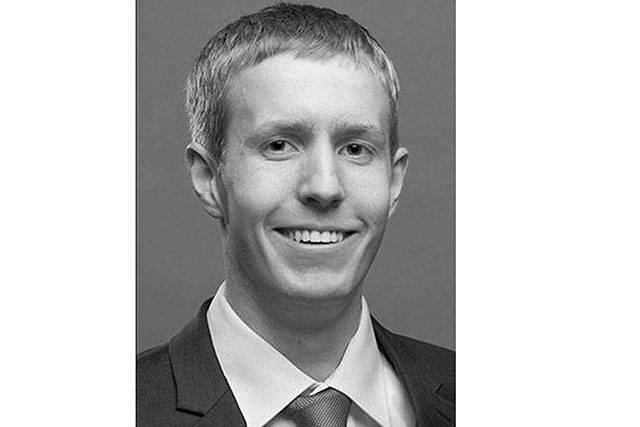By Nate Nehring
Property tax statements were sent out recently, and many Snohomish County residents saw significant increases. While the county treasurer collects property taxes, the majority of taxes collected go to entities outside of county government.
Here is a breakdown for 2020 (percentage of county budget, actual dollars and compared to last year):
•School districts – 35.66%; $532 million (increase of $50 million from 2019)
•State school – 27.85%; $416 million (increase of $76 million)
•Fire districts – 10.25%; $153 million (increase of $23 million)
•Cities and Towns – 9.17%; $137 million (decrease of $2 million)
•County – 6.47%; $97 million (increase of $2 million)
•Roads – 4.53%; $68 million (increase of $2 million)
•Libraries – 3.69%; $55 million (increase of $1 million)
•Regional Transit Authority – 1.23%; $18 million (increase of $1 million) •Hospitals – .74%; $11 million (increase of $1 million from 2019)
•Ports – .36%; $5 million (increase of $1 million) •Parks and Recreation – .05%; $1 million (increase of $1 million)
Some of the property tax increases are the result of voter-approved ballot measures, while others were implemented through the legislative process by
elected representatives (state legislators, county/city councils, school boards, etc.) As your elected representative to the County Council, I have worked hard with my colleagues to limit your tax burden. To that end, the council has not raised the county’s general property tax levy for three-consecutive years.
We recognize the tremendous tax residents face. While the focus of this column is property taxes, it must be recognized that citizens also pay sales taxes, income taxes and a whole host of other taxes and fees at the local, state and federal levels.
According to Opportunity Washington, taxpayers in Washington state had to work from Jan. 1 to April 20 (109 days) in 2019 to earn enough to pay their total tax bills for the year. That statistic assumes that all wages during that time period were going toward paying taxes and does not take into account
living expenses or all of our other costs.
It is critical that elected officials at every level recognize the impacts of their decisions and respect the ever-growing tax burden faced by their constituents.
Nate Nehring is a member of the County Council and represents District 1, which includes Arlington and Marysville, Nate.Nehring@snoco.org


